Warning: this method is not for people who are methodical and orderly.
I call it the grasshopper approach. The thesis is to be laid out as follows: introduction, chapters one, two and three and a conclusion. The plan is simple. Every working day, I have set myself the task of aiming to write five hundred words. I will not edit, I will write, and I can write the words from any part of the whole thesis. This is the most important part for me, the freedom to write about any aspect of my thesis. This prevents me from becoming bogged down in any part of the thesis that I am finding troublesome. Another day I can go back with fresh eyes to the troublesome thing. When I cite or quote another historian, I simply place their name in brackets at the end of the sentence. I do not immediately go looking for the correct citation. I leave that to the editing process.
As you can imagine, I don’t always reach the target of five hundred words and much of what I write now will have to be rewritten, or deleted. But in using this approach, I overcome my fear of writing (or whatever it is) and I get stuff written! I write before I do any further research because if I research first, I never want to write later. I do this early in the morning before my teen-ager rises late, in need of home-schooling. (So obviously this will not work for anyone who has smallies at home.) But to my surprise the words are coming. The writing is messy and full of gaps. The editing process will be intense. But I have managed to get around the distraction I feel in the face of fear for my loved ones and the presence of a lively, questioning teen-ager, during what used to be my writing time. If you too are a grasshopper, I hope this helps.
Stay safe and see you on the other side of this awful time.
Copyright MBrennanKerry 2020
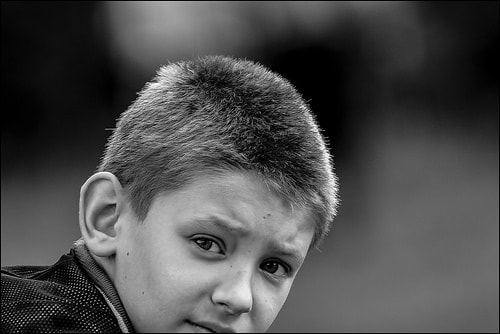
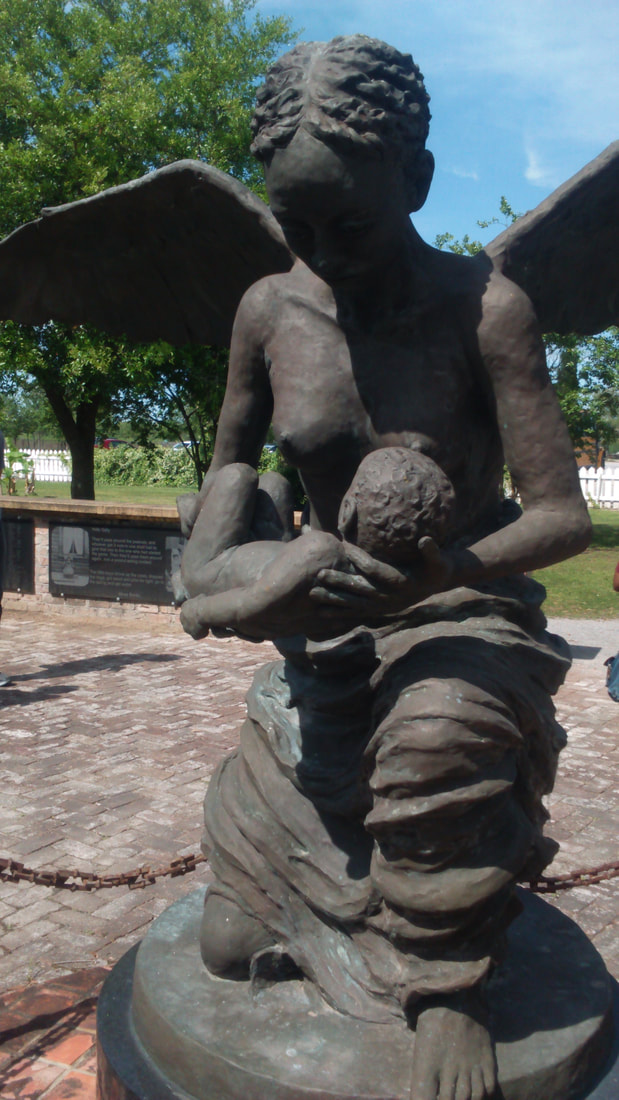
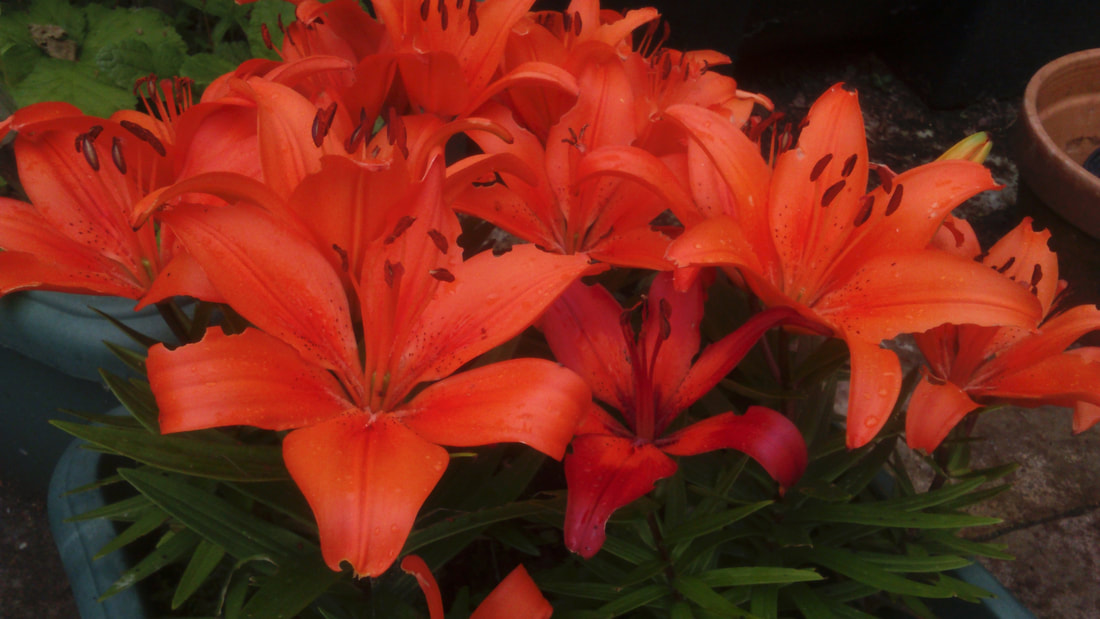
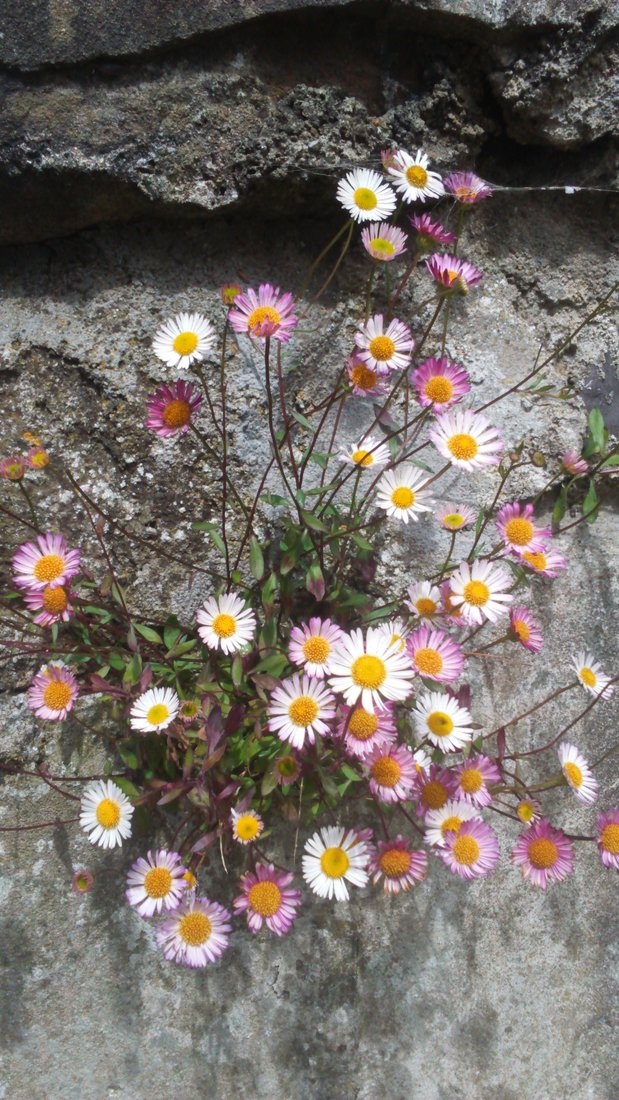
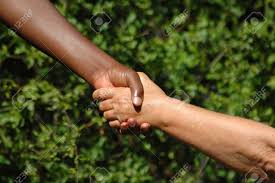
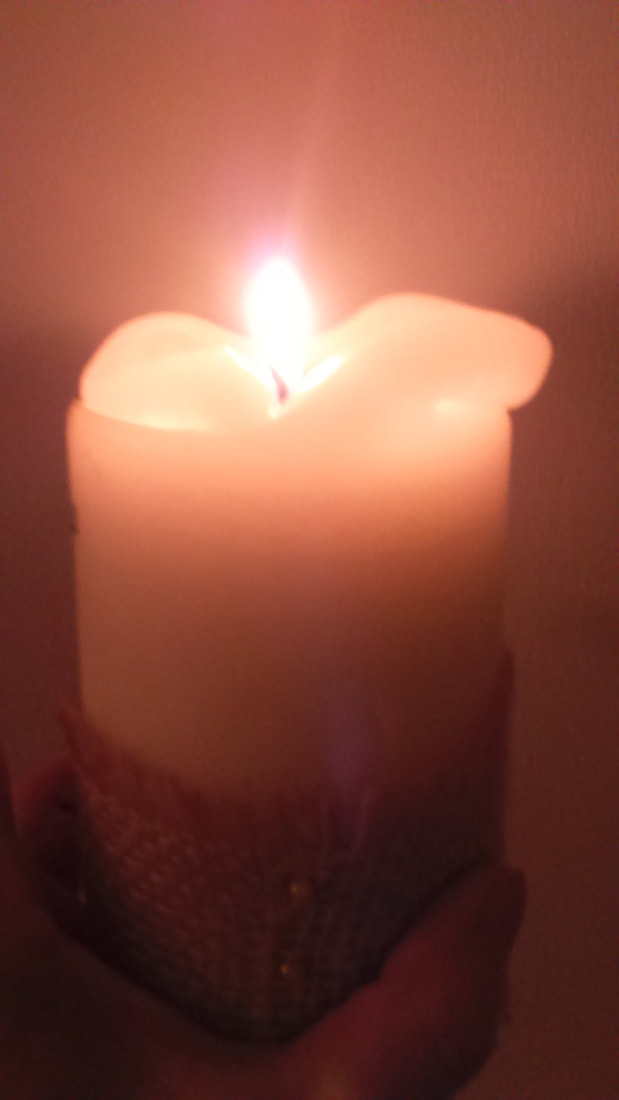

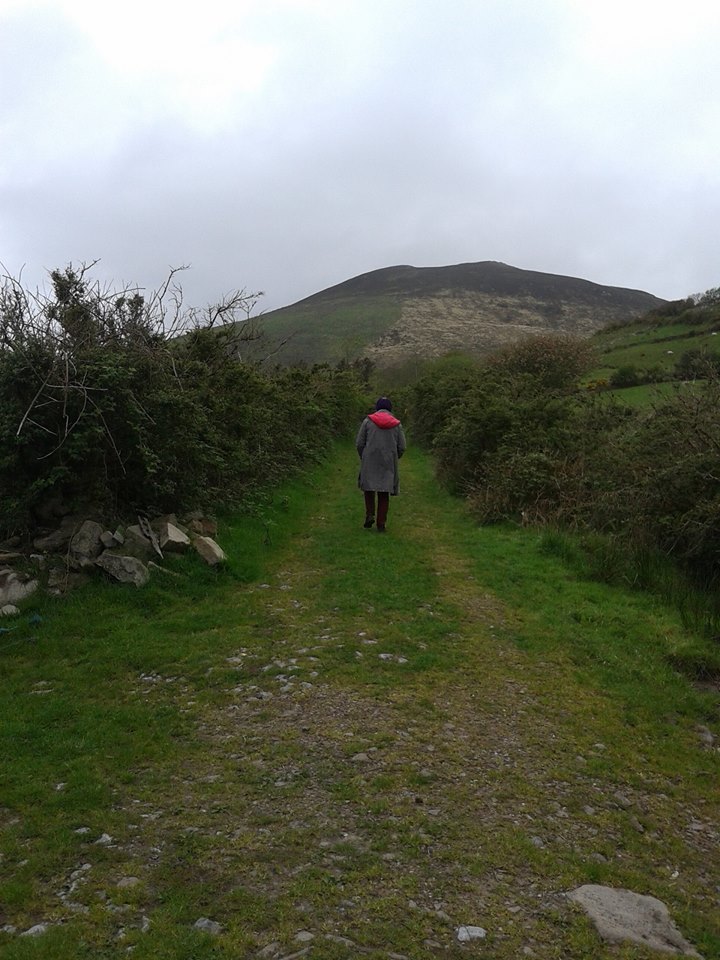
 RSS Feed
RSS Feed